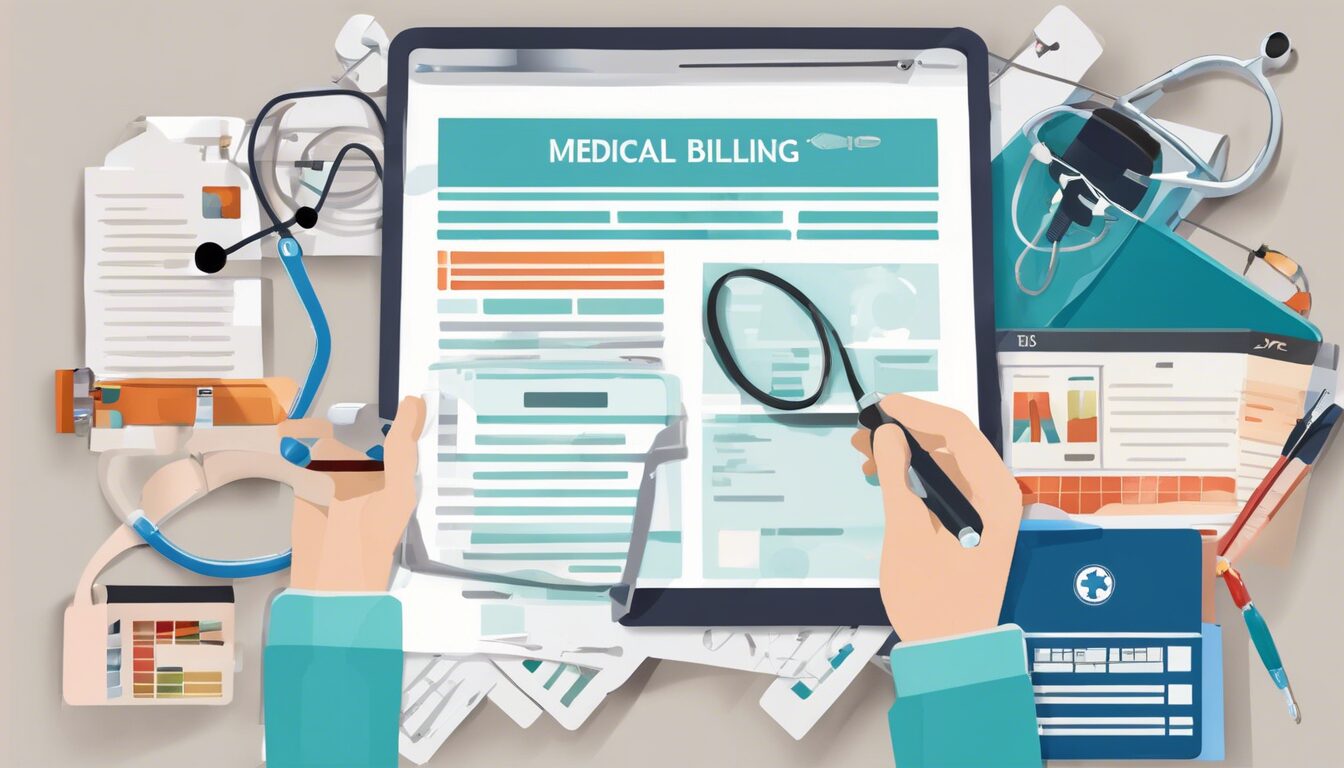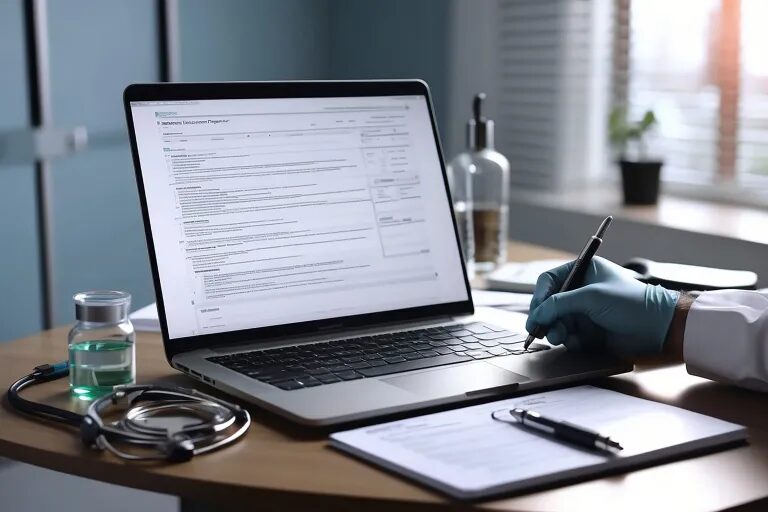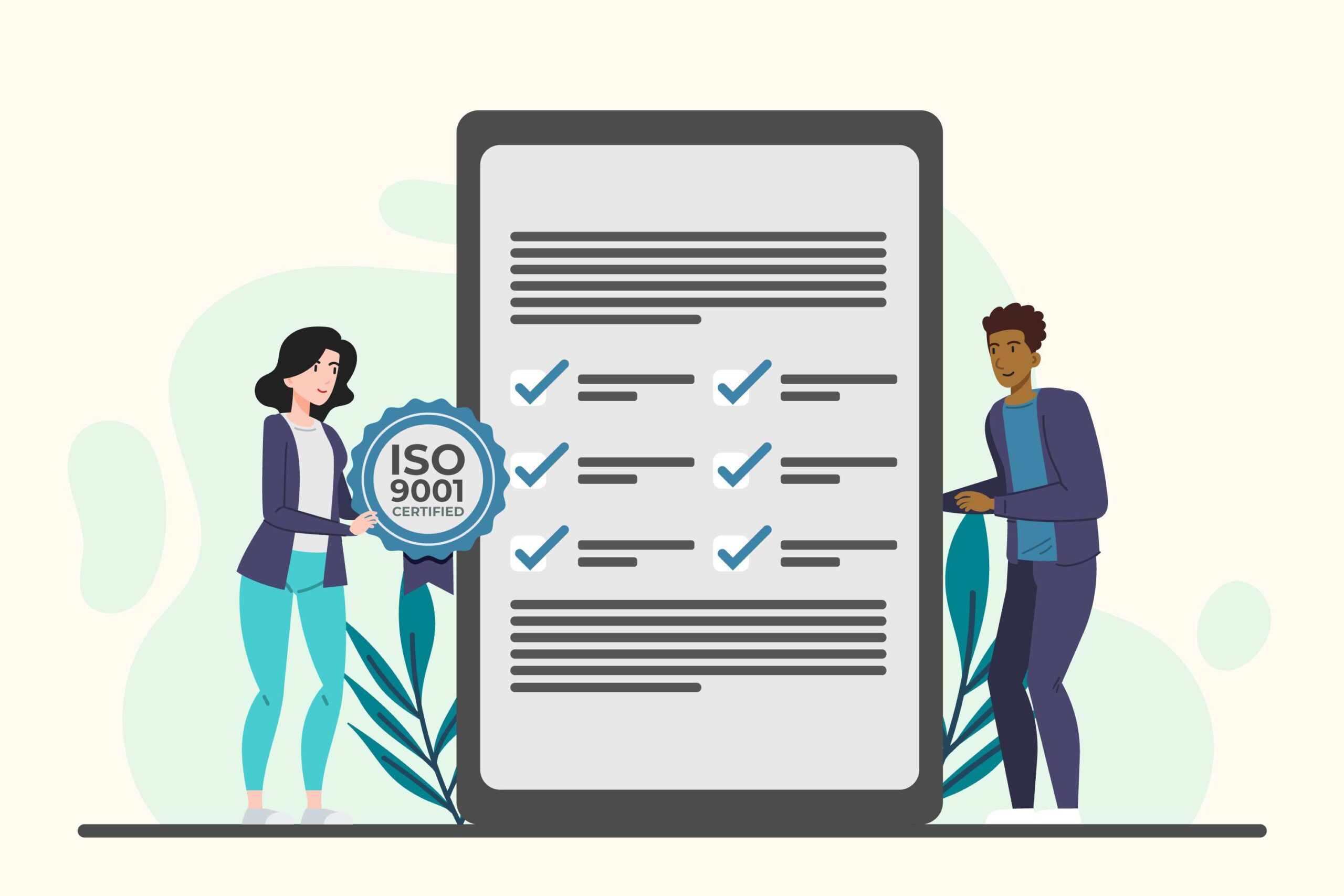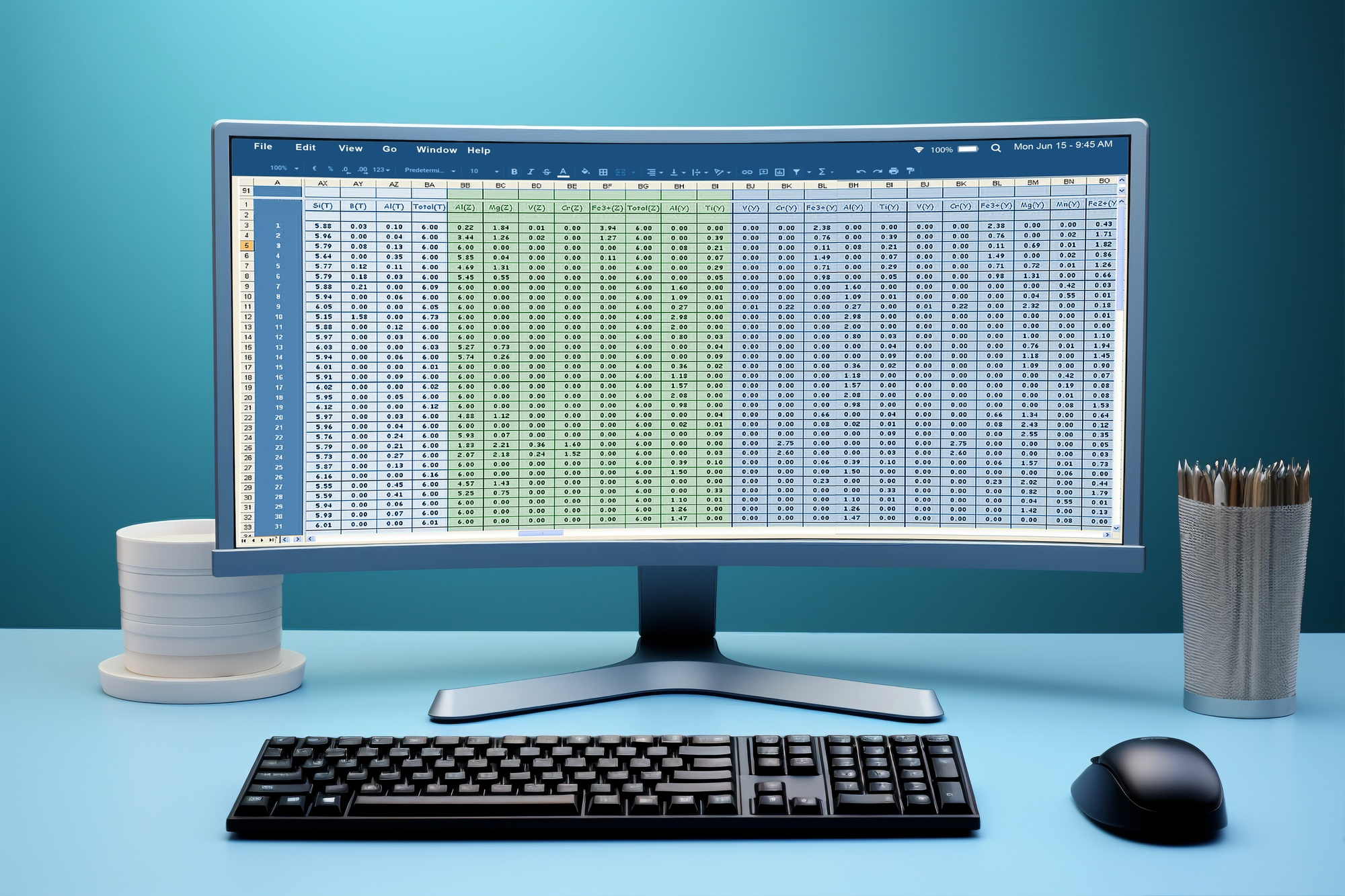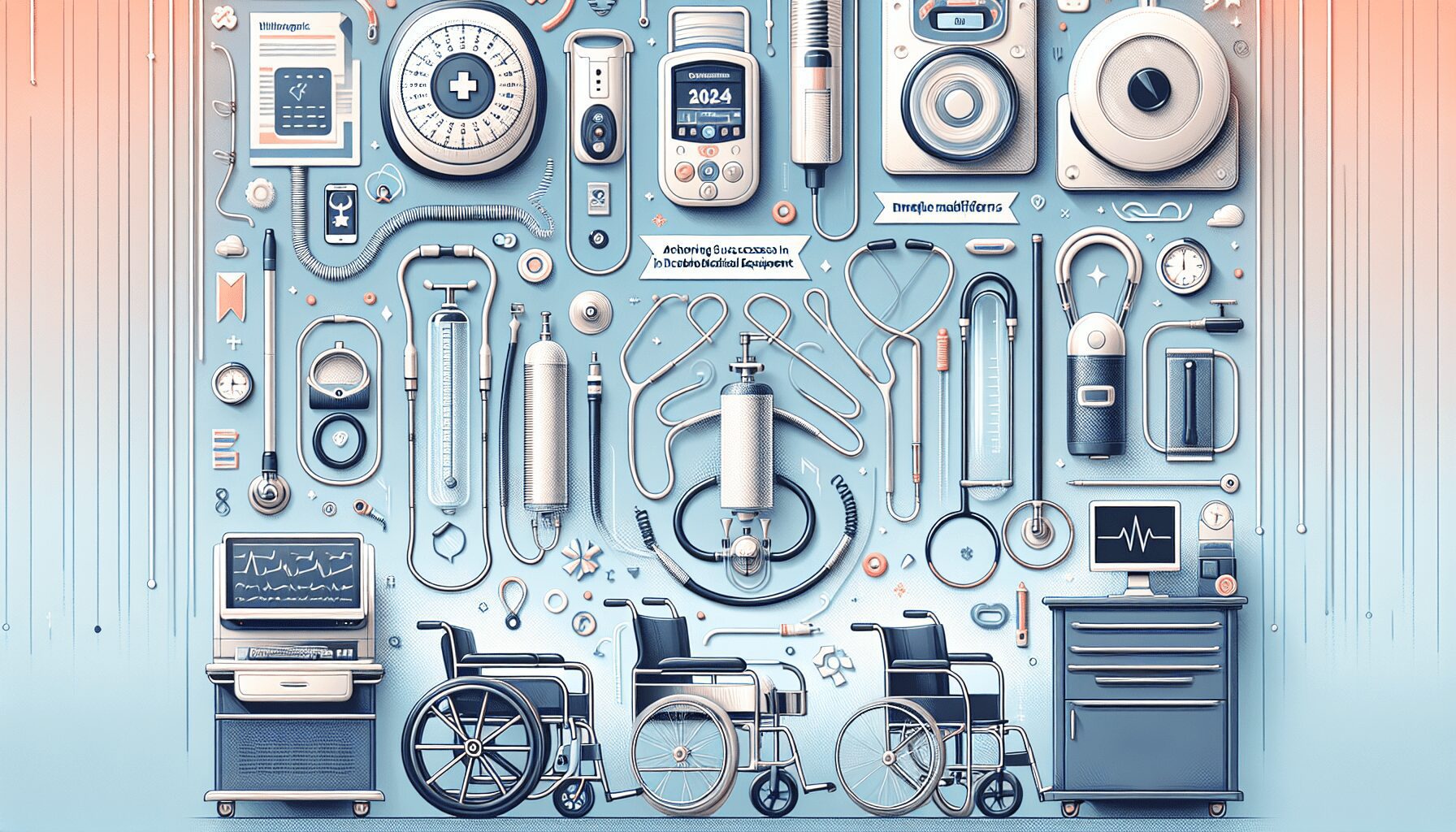
What Does a Medical Coder Do?

Table of contents
• Introduction
• What is Medical Coding?
• Key Responsibilities of a Medical Coder
• How Medical Coders Work
• Skills Required for Medical Coding
• Why Choose a Career in Medical Coding?
• Conclusion
Introduction
Do you have an eye for detail and an interest in the healthcare industry? If so, becoming a medical coder could be the career path for you. Medical coders play an essential role in accurately updating patient records with standardized information, which is used for billing purposes. If you’re interested in a stable career with room for growth and affordable education options, keep reading to learn more about the duties and skills required to be a successful medical coder. Plus, stay tuned to discover why you should consider choosing Wenour Medical Billing Services for your medical coding needs.
What is Medical Coding?
Introduction
Do you have a strong knowledge of anatomy, pathophysiology, and medical procedures? Do you want to make a direct impact on the healthcare industry? If so, then a career in medical coding could be perfect for you. In this blog, we will discuss what medical coders do, their key responsibilities, and the skills required for this job.
What is Medical Coding?
Medical coders play a critical role in healthcare by translating details from a patient’s medical documents into medical codes needed for data management and billing purposes. Medical coding is essential for the communication between healthcare providers and insurance companies. Accurate medical coding ensures that patients’ records are up to date and helps providers receive timely reimbursements from insurance companies.
Role of Medical Coders in Healthcare Industry
Medical coders play an indispensable role in the healthcare industry because of their knowledge of anatomy, pathophysiology, and medical procedures that provide a direct bridge of understanding between healthcare providers and insurance companies. They analyze medical charts and assign codes for diagnoses and procedures to help patients cover their claims by their insurance companies.
Importance of Accurate Medical Coding
Accurate coding is crucial for reliable tracking statistics for disease and medical treatment and analyzing disease patterns in different population groups. This provides valuable information for national-level health trends and potential prevention plans.
How Medical Coders Work
Medical coders thoroughly review the documentation to understand the diagnoses and procedures performed during the patient’s visit. They rely on ICD-10 and CPT code books to translate the physician’s notes into useful medical codes. They then update the patient’s records with standardized information needed for billing and record-keeping.
Skills Required for Medical Coding
Medical coders need technical skills such as ICD-10, CPT, HCPCS coding, and healthcare regulations. In addition to these, they also require professional skills such as communication, critical thinking, time management, attention to detail, research, organization, and computer literacy.
Why Choose a Career in Medical Coding?
Medical coding is an affordable career option that allows one to be career-ready in less than six months. It’s stable with room for growth and provides a recognized credential for reliability.
In conclusion, medical coding is an essential part of the healthcare industry that requires a strong knowledge of anatomy, pathophysiology, and medical procedures. If you have a passion for data management and billing purposes, then a career in medical coding could be an excellent fit for you.
Key Responsibilities of a Medical Coder
Medical coders play an important role in the healthcare industry. Their job is to translate the details from a patient’s medical documents into medical codes to ensure that patient records are accurate. They are responsible for billing and record-keeping that are essential for healthcare providers and insurance companies.
The process of medical coding begins with reviewing patient records and documentation. A medical coder carefully examines a patient’s diagnoses, procedures performed, and other relevant information from the chart such as physician names and dates of procedures. The medical coder then uses ICD-10 and CPT code books to begin translating the physician’s notes into useful medical codes. They rely on their knowledge of anatomy, pathophysiology, and medical procedures to select the appropriate codes.
One of the most crucial contributions medical coders deliver are reliable tracking statistics for disease and medical treatment. Diagnosis codes are used to analyze disease patterns in different population groups, which provides valuable information for national-level health trends and potential prevention plans. Medical coders need to ensure that the medical codes they select are compliant and up-to-date with the latest coding guidelines.
Medical coders are responsible for ensuring that medical records are accurately translated into standardized codes. Apart from that, they also play a critical role in billing and record-keeping. Medical coders work alongside healthcare providers and insurance companies to ensure that patients receive timely reimbursements for their medical treatments. Medical coders must ensure that their work is compliant with healthcare regulations.
Being a medical coder requires a combination of technical skills and professional skills. Technical skills like ICD-10, CPT, and HCPCS coding, as well as knowledge of healthcare regulations, are crucial. In addition to these, medical coders must possess strong professional skills such as communication, critical thinking, time management, attention to detail, and computer literacy.
In conclusion, medical coding is a critical part of the healthcare industry. Medical coders work diligently to ensure that patients receive the necessary medical treatment they need. Their work helps healthcare providers and insurance companies to provide timely reimbursements and accurate record-keeping. If you are interested in joining the healthcare industry, medical coding could be an excellent career option for you.
How Medical Coders Work
Medical coders play a crucial role in healthcare by translating patient records into standardized codes needed for data management and billing purposes. Once a medical coder selects a patient’s note from their assignments, they begin reviewing the documentation to understand the diagnoses and procedures performed during the patient’s visit, along with any other key information such as physician names and dates of procedures.
Coders rely on the ICD-10 and CPT code books to begin translating the physician’s notes into useful medical codes. These codes determine how medical offices bill insurance companies for the patient’s visit. It’s important to note that medical billing and medical coding are two separate job functions, although some offices may have one person perform both tasks.
Using their strong knowledge of anatomy, pathophysiology, and medical procedures, medical coders ensure that each diagnosis and procedure is assigned the appropriate code. They take care to stay up-to-date with the latest coding guidelines and purchase new versions of the code books each year.
For example, in a basic procedure documentation, a coder would assign codes for a cryoablation of a pigmented mole, along with indications for the procedure and the patient’s demographic information. These codes provide a direct bridge of understanding between payers and providers, ensuring accurate billing and record-keeping.
Medical coders also provide valuable tracking statistics for disease and medical treatment. Diagnosis codes are used to analyze disease patterns in different population groups, which provides valuable information for national-level health trends and potential prevention plans.
While medical coders work independently, they may still participate in team calls and answer to directors. They may also contact doctors, nurses, and medical assistants when further explanation is needed to understand a patient’s medical records better.
In conclusion, medical coders play an essential role in the healthcare system. They ensure accurate billing and record-keeping and provide valuable disease tracking statistics. With their knowledge of anatomy, pathophysiology, and medical procedures, medical coders are key players in the healthcare industry.
Skills Required for Medical Coding
A successful medical coder needs a combination of technical and professional skills. Technical skills include knowledge of ICD-10, CPT, HCPCS coding, and healthcare regulations. Medical coders must be able to quickly identify and assign the correct codes for each medical procedure and diagnosis, ensuring that patient records are accurate and up to date. These skills require detailed knowledge of medical terminology, anatomy, and pathophysiology.
Along with technical knowledge, medical coders should possess excellent communication skills. They must be able to communicate effectively with healthcare providers, patients, and insurance companies to ensure that coding is accurate, complete, and compliant. Critical thinking and problem-solving skills are also essential to identify and resolve issues with coding, billing, or documentation.
Time management is another critical skill for medical coders. Coders need to balance competing priorities, analyze medical charts efficiently and on time, and meet deadlines for billing and record-keeping. Attention to detail is crucial in this role, as errors or omissions can create significant issues with billing, insurance reimbursement, and patient care.
Fortunately, these critical technical and professional skills can be learned through a trustworthy and reputable medical coding education program such as AAPC. Completing a coding certification program will enable you to develop these skills and obtain a professional credential, providing a solid foundation for a successful career in medical coding.
In conclusion, becoming a medical coder requires a unique combination of technical and professional skills. Medical coders should be detail-oriented and possess excellent communication, critical thinking, and time management skills. Learning from a reputable coding education program provides coders with the skills and knowledge needed to code accurately and improve patient care while enjoying personal and professional success.
Why Choose a Career in Medical Coding?
Are you tired of the traditional route of college education? Maybe you’re looking for a stable career that offers plenty of room for growth. If this sounds like you, then a career in medical coding might be the perfect fit.
Medical coding education and certification are affordable and can be completed in just six months, with less than $3,000 at AAPC. Unlike some college programs that can cost up to $19,000 and take several years to complete, a career in medical coding is accessible to many.
The healthcare industry is always growing, providing many employment opportunities for medical coders. Whether you’re just starting out or looking to switch careers, medical coding is a stable career that offers plenty of room for growth.
Earning a credential as a medical coder shows your reliability, professionalism, and attention to detail. Your future employers are looking for such credentials that can help them make the right appointment for the job.
Choosing a career in medical coding provides many advantages, including affordable education and certification, a stable career with plenty of room for growth, and a recognized credential that showcases reliability. So why wait? Pursue a career in medical coding now and explore all its possibilities.
Conclusion
In conclusion, medical coding is an essential yet overlooked field in the healthcare industry. Medical coders play a crucial role in translating complex medical records into standardized codes for billing and record-keeping purposes. Accurate coding also ensures reliable tracking statistics for disease patterns and potential prevention plans. With affordable education and certification, medical coding offers a stable career with room for growth and a recognized credential for reliability. Choose Wenour Medical Billing Services for accurate and timely billing solutions.
Wenour offers expert guidance in these areas, empowering healthcare providers to overcome challenges, optimize reimbursement, and deliver the best standards of care to their patients. By adhering to compliance and regulatory guidelines, mastering meticulous documentation, exploring coding systems, and embracing innovative digital solutions, healthcare providers can achieve favorable reimbursement results and financial stability. With Wenour’s support, the complex world of DME billing can be simplified and patient care and financial success prioritized.




